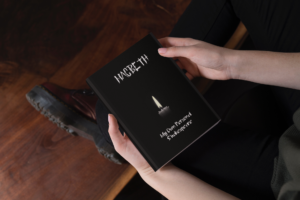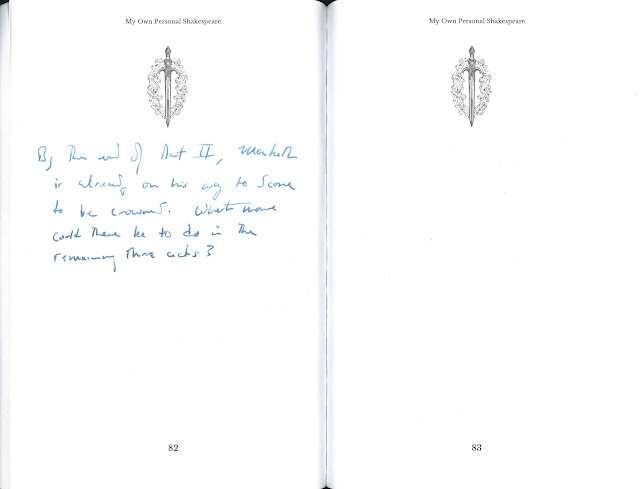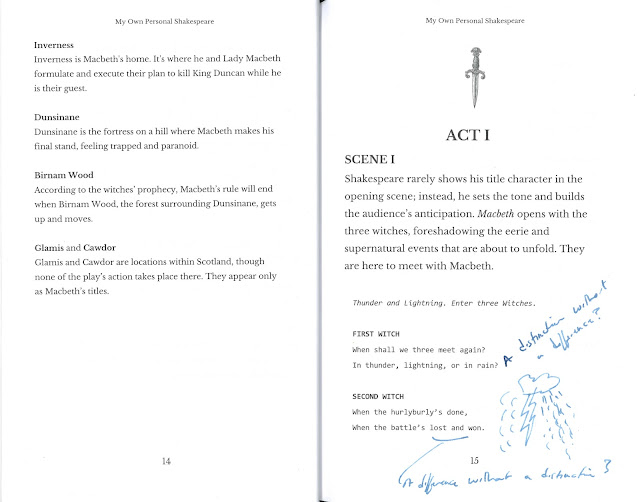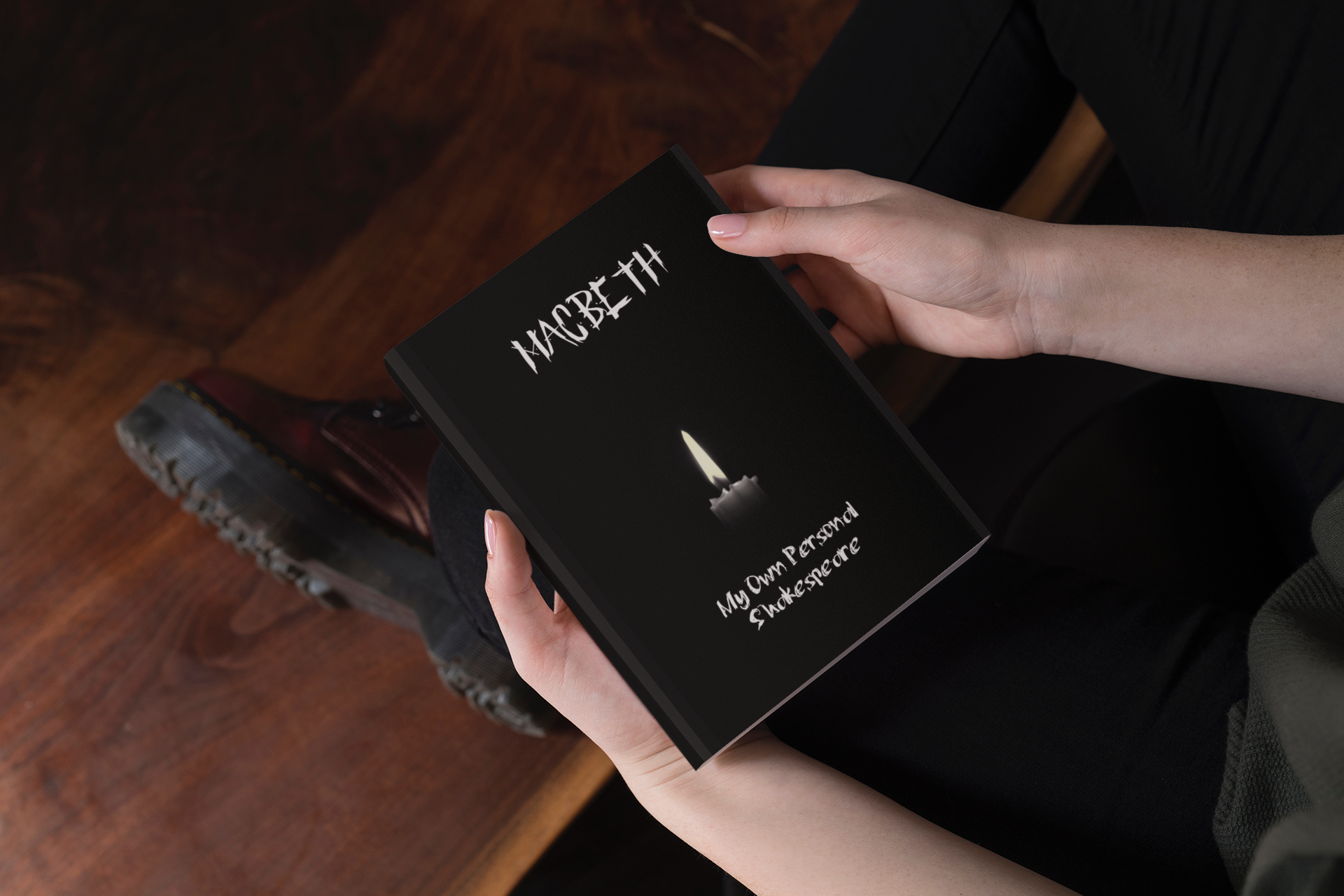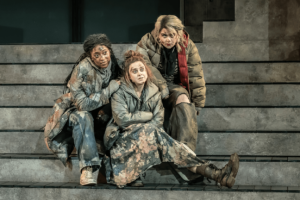https://www.whatsonstage.com/news/rsc-announces-new-video-game-inspired-by-macbeth_1661745
Ok, this is the kind of story that makes me want to blog again. The actual RSC – you know, the Royal Shakespeare Company – is getting behind a Shakespeare videogame project based on Macbeth.
There have been a lot of Shakespeare video games strewn throughout our history: point-and-click adventures, space shooters, and massive online role-playing games. Sadly, I’m unsure I can point to any that still exist. I always have a notebook of ideas that, should I someday win the lottery and have infinite time and resources at my disposal, I will absolutely bring into reality.
That doesn’t mean we can’t keep hoping, though.
Set in contemporary Iran, the game features Cannes Best Actress winner Zar Amir as Lady Macbeth. This marks the RSC’s first venture into video gaming, with the game co-produced by Zar’s Paris-based Alambic Production.
Lili is a screen life thriller that allows players to access Lady Macbeth’s personal devices, blending live-action cinema with interactive gameplay. The game immerses players in a stylised, neo-noir vision of modern Iran, where surveillance and authoritarianism are prevalent. Players will make choices that influence Lady Macbeth’s destiny, with Macbeth’s witches reimagined as hackers.
Well, I hate the “blending live-action cinema with interactive gameplay” idea. That reminds me of many failed attempts to integrate laser disc and similar technologies where basically all you got was a jumpy “Cut scene … menu of choices … cut scene …. menu of choices…” and under the covers it’s little more than a “choose your own adventure” book.

But, we’ll reserve judgment. What I love (and I think my daughter will love too) is, “make choices that influence Lady Macbeth’s destiny.” In my old age I’ve become a fan of Lady Macbeth, and see all kinds of interesting interpretations of the play from her perspective. When did she have the baby, was it long ago or recently? As a married couple, are they still trying, or have they given up (or possibly been told it can’t happen)? What was her relationship with her father? So much backstory to fill for her.
Setting it in Iran brings all kinds of new gender issues to the story. Lady Macbeth’s whole thing is “I can’t do that because I’m not a man.”
I’m excited for a new videogame to try, though I have to admit it looks like a fancy interactive theatre experiment. We’ll have to see how it looks when it’s finished!




